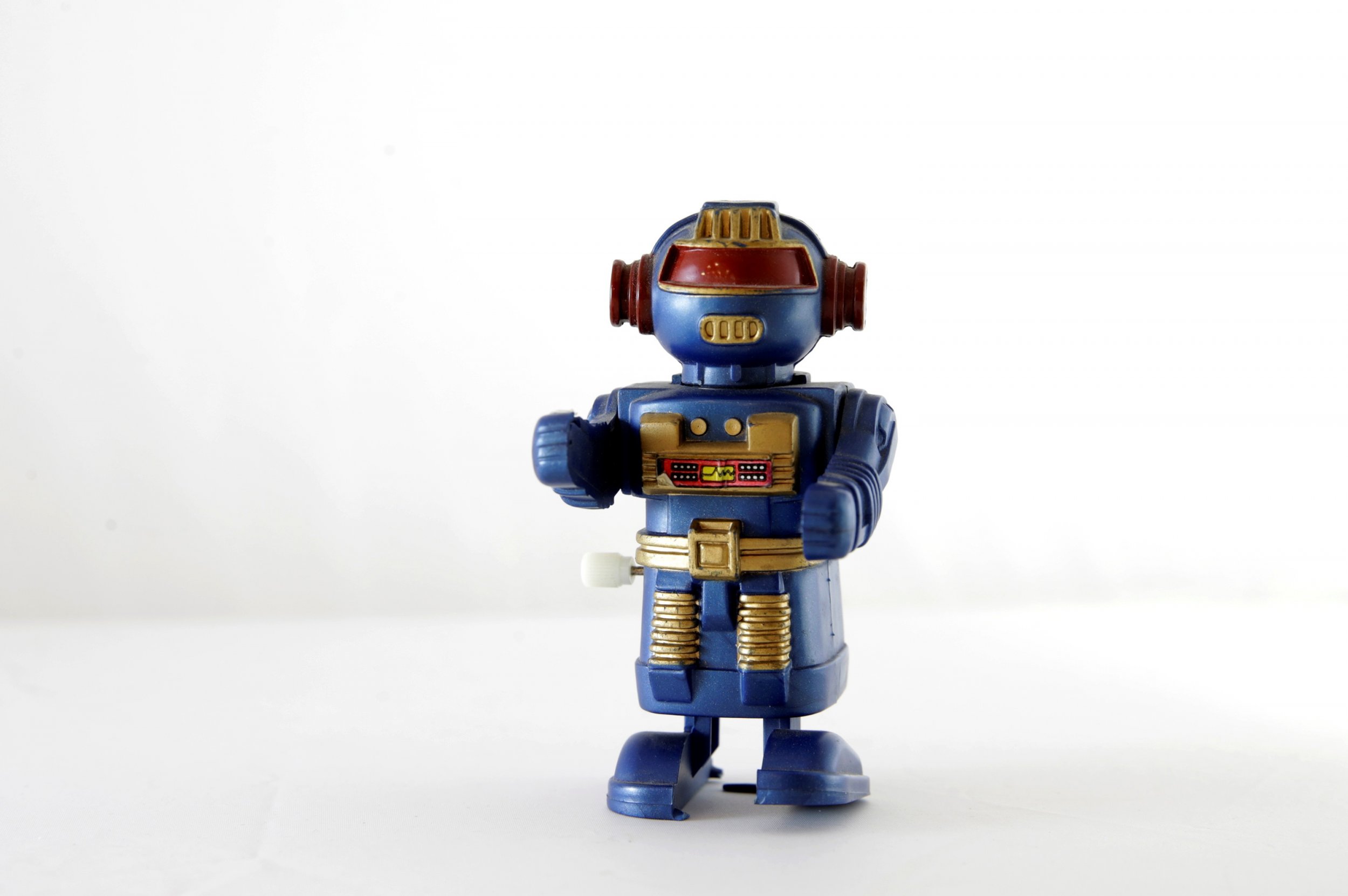
Stephen Hawking and Elon Musk have joined prominent artificial intelligence researchers in pledging support for principles to protect mankind from machines and a potential AI arms race.
An open letter published by the Future of Life Institute (FLI) on Monday outlined the Asilomar AI Principles—23 guidelines to ensure the development of artificial intelligence that is beneficial to humanity.
For decades, science fiction writer Isaac Asimov's 'Three Laws of Robotics' were a cornerstone for the ethical development of robots and artificial intelligence machines. First laid out in his 1942 short story Runaround, Asimov's three principles stated: A robot must not harm a human through action or inaction; a robot must obey humans; and a robot must protect its own existence. Each rule takes precedence over the rules that follow it in order to ensure a human's life is protected over the existence of a robot.
Robotic and AI ethicists have argued that these rules are a good starting point but are too simplistic for the the 21st Century. A 2009 paper published in the International Journal of Social Robotics suggested the sophistication of computers and their increasing integration into our lives mean better guidelines are needed.
The Asilomar AI Principles follow previous open letters on AI safety and autonomous weapons and has already been signed by more than 700 artificial intelligence and robotics researchers. The principles call for shared responsibility to ensure shared prosperity and caution against an artificial intelligence arms race.
"I'm not a fan of wars, and I think it could be extremely dangerous," said Stefano Ermon from the Department of Computer Science at Stanford University, who was among the signatories. "Obviously I think that the technology has a huge potential and, even just with the capabilities we have today, it's not hard to imagine how it could be used in very harmful ways."
Top AI researchers agree on principles for developing benefical AI https://t.co/CATbd4oidF
— Elon Musk (@elonmusk) January 30, 2017
Tesla CEO Elon Musk has previously said that Google is the "only one" he is worried about when it comes to the development of advanced artificial intelligence. Nick Bostrom, a philosophy professor at Oxford University and founding director of the Future of Humanity Institute, warned last year that Google is leading the way in the global race to create human-level AI.
Both Musk and Bostrom will therefore be pleased that the founder of DeepMind—Google's AI flag bearer—was among the names pledging support for the principles. Demis Hassabis is considered one of the leading minds in the field of artificial intelligence and his company has previously collaborated with the FLI in proposing an off switch for rogue AI.
In a paper titled Safety Interruptible Agents, a "big red button" was outlined for preventing advanced machines from ignoring turn-off commands and becoming out of human control. This idea is reiterated through the Asilomar AI Principles, which calls for AI systems to be "subject to strict safety and control measures."
The collection of principles provide far more detailed guidelines than Asimov's three rules but the FLI recognizes they are "by no means comprehensive."
"It's certainly open to differing interpretations, but it also highlights how the current "default" behavior around many relevant issues could violate principles that most participants agreed are important to uphold," a spokesperson for the FLI said in a statement emailed to Newsweek.
"We hope that these principles will provide material for vigorous discussion and also aspirational goals for how the power of AI can be used to improve everyone's lives in coming years."
Uncommon Knowledge
Newsweek is committed to challenging conventional wisdom and finding connections in the search for common ground.
Newsweek is committed to challenging conventional wisdom and finding connections in the search for common ground.
About the writer
Anthony Cuthbertson is a staff writer at Newsweek, based in London.
Anthony's awards include Digital Writer of the Year (Online ... Read more
To read how Newsweek uses AI as a newsroom tool, Click here.








